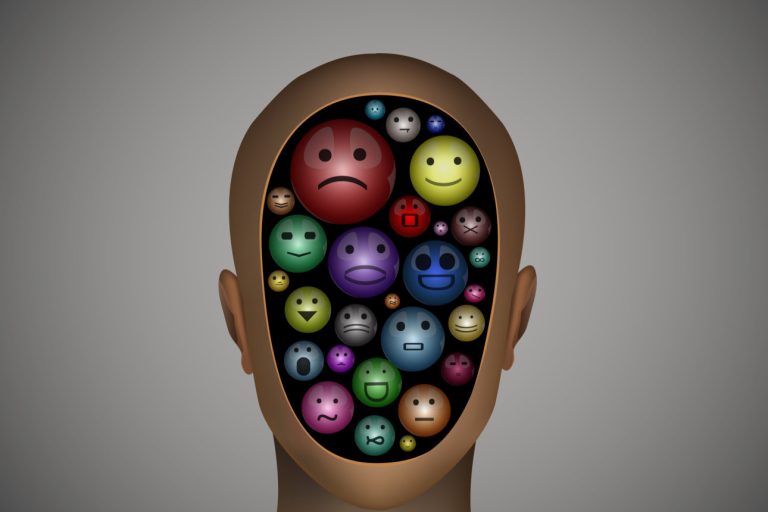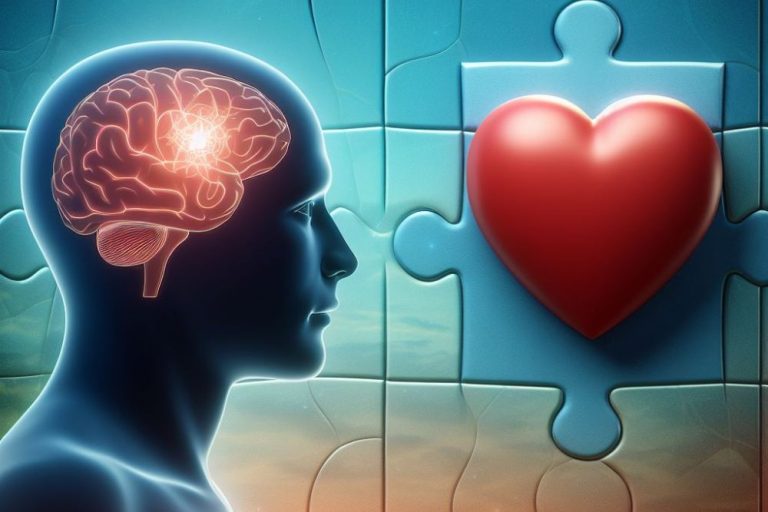Understanding Your Emotions: The Secret to Better Mental Health and Relationships
Introduction
We all experience emotions—joy, anger, sadness, anxiety—but how many of us actually understand them?
In today’s fast-paced, hyper-connected world, it’s easy to suppress or ignore our feelings. We’re taught to “stay strong” or “keep it together,” yet avoiding emotions doesn’t make them go away—it only buries them deeper.
Learning to identify, understand, and regulate your emotions is not a weakness—it’s one of your greatest strengths. And it’s the key to healthier relationships, better decision-making, and stronger mental well-being.
What Are Emotions, Really?
Emotions are signals—messengers from your brain and body that respond to your environment. They help you make decisions, connect with others, and survive danger.
Some of the core emotions include:
-
Happiness – encourages social bonding
-
Fear – protects you from harm
-
Sadness – allows for healing and reflection
-
Anger – signals that something feels unfair or unsafe
Rather than judging your emotions, start by asking: What is this feeling trying to tell me?
Emotional Intelligence: The Skill We All Need
Emotional intelligence (EQ) is the ability to:
-
Recognize your own emotions
-
Understand what causes them
-
Manage your emotional reactions
-
Empathize with others’ feelings
People with high EQ tend to be better leaders, partners, and communicators. The good news? EQ is a skill you can build.
Start with simple habits:
-
Journaling daily emotions
-
Naming feelings instead of suppressing them
-
Practicing deep breathing when overwhelmed
Why Avoiding Emotions Backfires
Bottled-up emotions don’t disappear—they leak out in unexpected ways:
-
Sudden outbursts
-
Passive-aggressive behavior
-
Anxiety or physical symptoms like fatigue or headaches
Avoidance might feel like control, but true emotional strength comes from processing, not pushing down.
Let Yourself Feel (Even the Hard Stuff)
Not every emotion feels good—but every emotion has value.
-
Allow yourself to cry without guilt.
-
Let yourself feel anger without shame.
-
Sit with discomfort instead of running from it.
Emotions are temporary. But when you resist them, they tend to linger. When you feel them fully, they pass.
Emotional Health Is the New Self-Care
Forget bubble baths and scented candles (although those are great too)—emotional care is the new self-care.
This includes:
-
Setting boundaries to protect your peace
-
Talking to a therapist or coach
-
Having honest conversations with loved ones
-
Choosing rest when you’re emotionally drained
Being emotionally aware is one of the kindest things you can do for yourself.
Conclusion
Your emotions aren’t problems to be solved—they’re part of your human experience. When you start to listen to them, you open the door to healing, growth, and real connection—with yourself and others.
So the next time you feel overwhelmed, try this: pause, breathe, and ask, What am I feeling right now—and why? That one moment of awareness can change everything.






